Table of Contents
Comparative Study of Froebel and Rousseau:
Concept of Education:
According to Froebel education is a development from within. It is a process of unfolding a child’s innate powers and awakening his spiritual nature which may enable him to realize-
- His inner unity.
- His relationship with the absolute unity.
- The achievements of the race and aspirations of humanity.
The concept of education according to Rousseau is naturalistic. Education is the development of a child’s natural powers and abilities from within. It is the development into an enjoyable, rational, harmoniously balanced, useful and natural life.
Aims of Education:
Froebel believes that the aims of education are-
- All-around development of personality.
- A realization of the divine sense.
- Spiritual union with God.
- Understanding the environment or life around the individual.
Rousseau states that the aims of education are-
- The development of a child’s innate faculties.
- Development of regulated freedom during the infancy stage.
- Development of sufficient strength at the childhood stage.
- Development of intellect at the boyhood stage.
- Emotional, moral and religious development during adolescent stage.
- To make a perfect house-wife.
Concept of School:
According to Froebel, the school should be a garden of children where a healthy and homely atmosphere of joy, play and self-activity should prevail. Rousseau advocates that the school should be surrounded by natural settings and natural phenomena.
Methods of Teaching:
Froebel advocates-
- Self-activity.
- Learning by playing.
- Freedom in education.
- Social participation.
Rousseau advocates-
- Learning by doing and self-experience.
- Heuristic method.
- Method of individual instruction.
Curriculum:
The main divisions of the curriculum recommended by Froebel are-
- Religion.
- Natural Sciences and Mathematics.
- Languages.
- Manual Works and Arts.
The teaching of these subjects, according to Froebel, should be based on the principle of integration.
Rousseau, on the other hand, recommended different curriculum at different stages. He advocates that-
- Good health and proper development of child’s senses should be emphasized during the infancy stage and there should be no formal teaching at this stage.
- Physical exercises should continue the core of curriculum at the childhood stage.
- Physical sciences, languages, mathematics, manual work, a trade, social relations, music and drawing should be taught during boyhood stage.
- Moral and religious education, history, geography, sex education, physical culture and aesthetics should constitute the curriculum at the adolescent stage.
- Physical education, domestic subjects, ethics and religion should be taught to women.
According to Rousseau curriculum should start with natural phenomena and end with social education.
Position of Teacher:
According to Froebel, the teacher is like a gardener in the school whose function is to see that children grow along the right lines. His role is that of a friend and guide. He should provide the right type of opportunities. He should not interfere too much. Rousseau believes that the teacher should not interfere at all with the activities of children. He should provide opportunities and help the pupils in the free development of their interests and motives. He should protect the child from repressions and mental conflicts.
Concept of Discipline:
Froebel advocates-
- Freedom for the child.
- Co-operative and protective discipline.
- Rigid control when love fails.
On the other hand, Rousseau advocates absolute freedom and discipline by natural consequences.
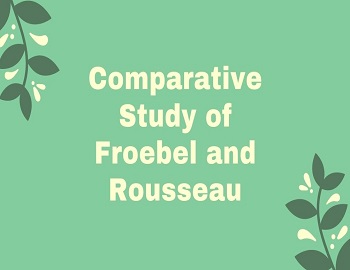
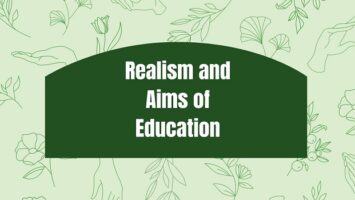
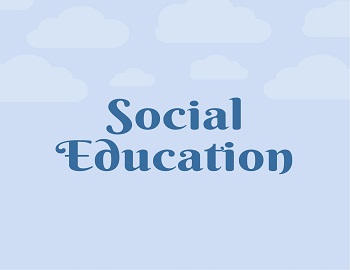
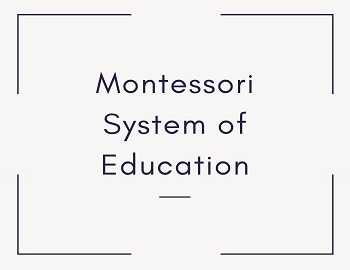
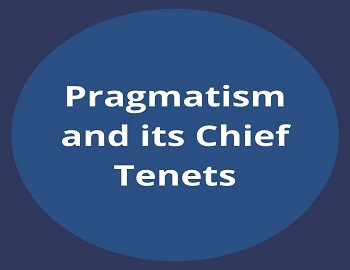
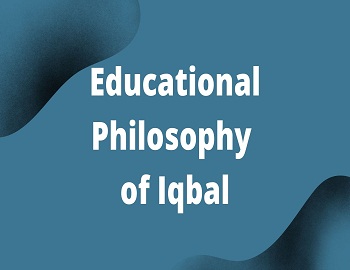
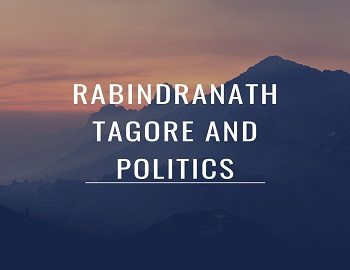
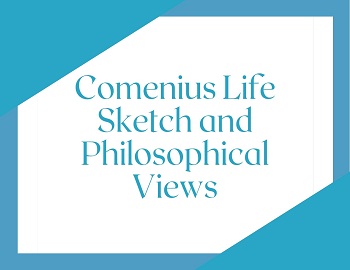
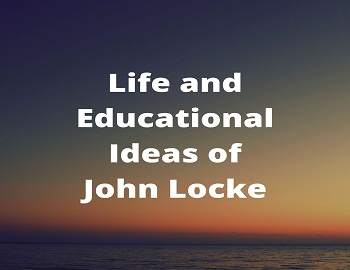
Comments (No)